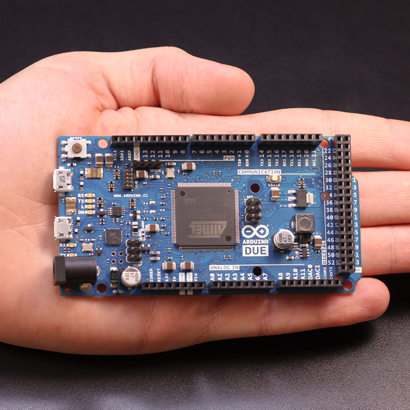"Arduino is an open-source electronics prototyping platform based on flexible, easy-to-use hardware and software. It's intended for artists, designers, hobbyists and anyone interested in creating interactive objects or environments.
Arduino can sense the environment by receiving input from a variety of sensors and can affect its surroundings by controlling lights, motors, and other actuators. The microcontroller on the board is programmed using the Arduino programming language (based on Wiring) and the Arduino development environment (based on Processing). Arduino projects can be stand-alone or they can communicate with software running on a computer (e.g. Flash, Processing, MaxMSP)."
(Link)
Looking for software that is free for students to install on any computer they have access to? I started this blog because I believe that all students and teachers should be able to use software for learning regardless of their ability to pay software licence fees. Open source software = community-owned software.
Showing posts with label electronics. Show all posts
Showing posts with label electronics. Show all posts
Wednesday, November 6, 2013
Thursday, February 23, 2012
Crocodile clips blog
I know quite a few people use the software Yenka (which used to be known as Crocodile Clips) for chemistry, electronics, physics etc. They have a useful Tumblr blog that not everyone will know about: http://crocclips.tumblr.com/
Thursday, November 10, 2011
Hackerspaces in schools
Hacking (in its old sense of pulling old things apart and making new things from the parts) has a wonderful link with learning. When we learn something new, we take our existing schema (or frameworks to assist understanding) and add new information into them. We pull apart, remake, remodel, expand and adjust them to take onboard new concepts and information. So wouldn't it be great to facilitate more hacking in schools? Here one approach to doing just that:
What happens when you turn a middle school library into a hackerspace?
Subscribe to:
Posts (Atom)
